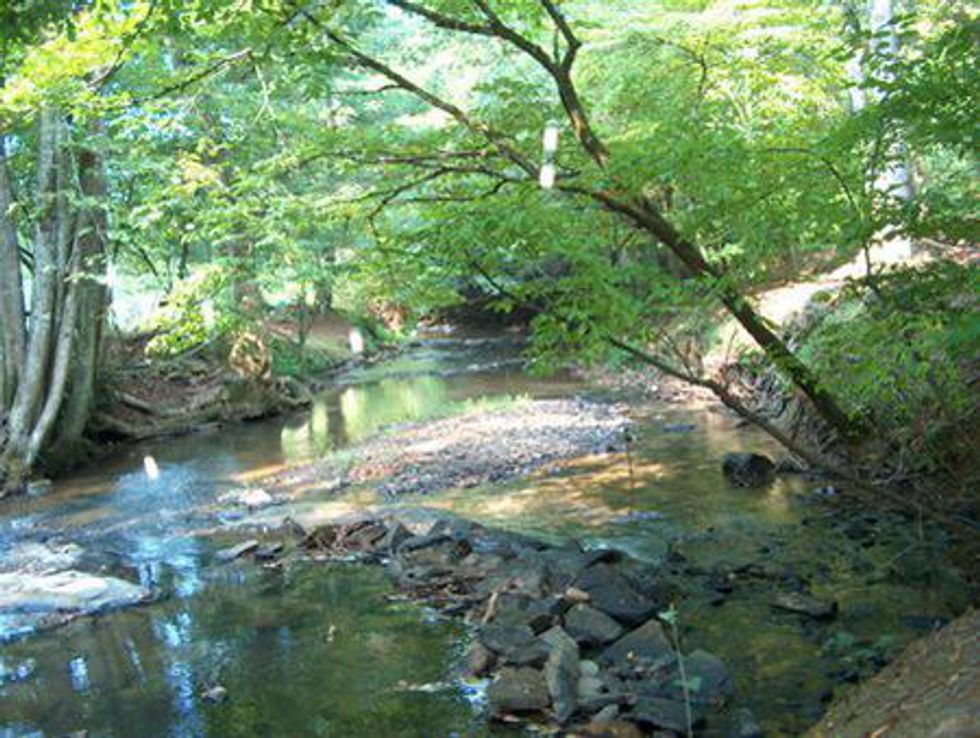A home, according to Random House Webster’s College Dictionary is a “house, apartment, or other shelter that is the usual residence of a person, family, or household.” Reading that simple definition gives a sense of incompleteness. Simply put, any building or shelter could become a home. Clearly, there is something deeply flawed with this interpretation.
It is extremely difficult to define what a home is. Homes are intrinsically personal and unique. Every person has a unique experience with their families, with their homes, their friends, and their growth. Family life may have been amazing and, as an adult, one may feel nostalgic. Family life may also have been toxic, stressful, and disastrous leaving one, once older, conflicted or even hostile. Home may bring back memories of school, work, adventure. Home may also bring back memories of death, violence, oppression, fear, and so much more.
In a strange way homes suffer a duality of existence. On one hand, home is a static constant that follows us through life. On the other hand, home is in a constant state of flux. Often times what we call home at one point does not follow us to another point.
Indeed, I was born in the United States. I grew up in Omaha, Nebraska and learned about life in school. I call all of these places home, and I most likely always will. Without any of them, I would not be the person I am today. Wherever I move and end up in the years to come, I will look back at the state, the city, and the school and remember them as familiar and as home. Everything will change, inevitability ensures that, but somehow it will all stay the same.
There is a creek close to my house that I used to explore as a child. I would spend hours exploring the sharp slopes of the valley. I would splash through the contaminated water, hopping from jagged stone to jagged stone. When I started high school, I largely stopped exploring the creek. Recently, at the end of my senior year, I returned to the sloping banks. I sat under the rusting bridge, writing a final essay. As I moved from one home, I found another waiting for me. I wrote how "there is a sense of permanence of throwing a rock into a stream. The rock, after the ripples have settled and the silt carried away, stays sunk in the mud as a reminder of permanence, even as the water flows by overhead."
Home is not static. Homes change, just as our environments and our circumstances do. Paradoxically, however, homes do remain static. Just like the rock thrown into my stream settling amidst the silt, old homes anchor themselves into our very being. They allow us to remember where we came from, a window into who we truly are. Each home is a bookmark to where we came from, where we are going, and who we are.





 StableDiffusion
StableDiffusion StableDiffusion
StableDiffusion StableDiffusion
StableDiffusion Photo by
Photo by  Photo by
Photo by  Photo by
Photo by 
 Photo by
Photo by  Photo by
Photo by  Photo by
Photo by  Photo by
Photo by  Photo by
Photo by 












